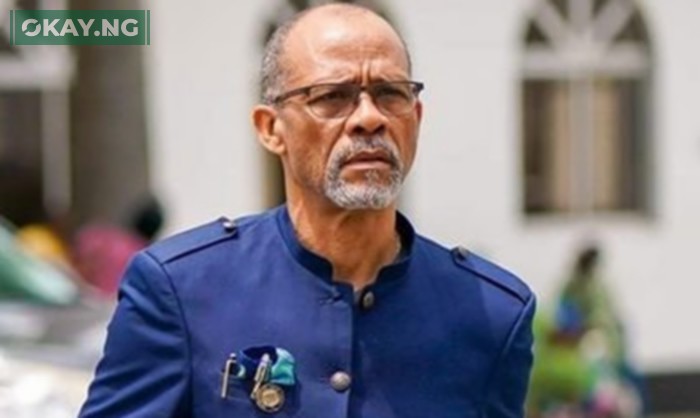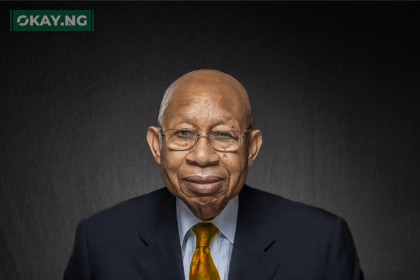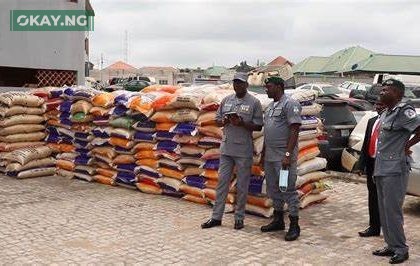The Lagos State Government has disclosed that more than 135,000 residents are currently living with HIV, underscoring the persistent public health challenge in Nigeria’s most populous state.
This was revealed by the State Commissioner for Health, Prof. Akin Abayomi, during a media briefing marking Governor Babajide Sanwo-Olu’s second term anniversary.
“135,224 residents are living with Human Immunodeficiency Virus (HIV),” Abayomi stated, noting intensified efforts involving over 100 religious leaders as HIV and AIDS ambassadors to reduce stigma and enhance community outreach. “We are using trusted voices to drive education, testing, and treatment in our communities,” he added.
Besides HIV, Lagos has screened 154,228 women for cervical cancer, treating 8,613 with thermal ablation, and conducted prostate cancer screenings for 300 men. The state also screened 312,927 people for hypertension and diabetes, with hypertension prevalence estimated at 20%, and 70% unaware of their condition. Obesity stands at 12%, and diabetes at 6%, with half of those affected unaware.
Despite these efforts, Lagos faces a critical shortage of healthcare workers, needing an additional 33,000 doctors and 33,000 nurses. The Lagos State University of Medicine and Health aims to produce 2,500 healthcare workers annually over the next five years.
Only 4.17% of residents have enrolled in the state health insurance scheme, but the new mandatory health insurance law is expected to increase coverage and funding. Major health infrastructure projects, including the New Massey Street Children’s Hospital and Ojo General Hospital, are set for completion by April 2026.










